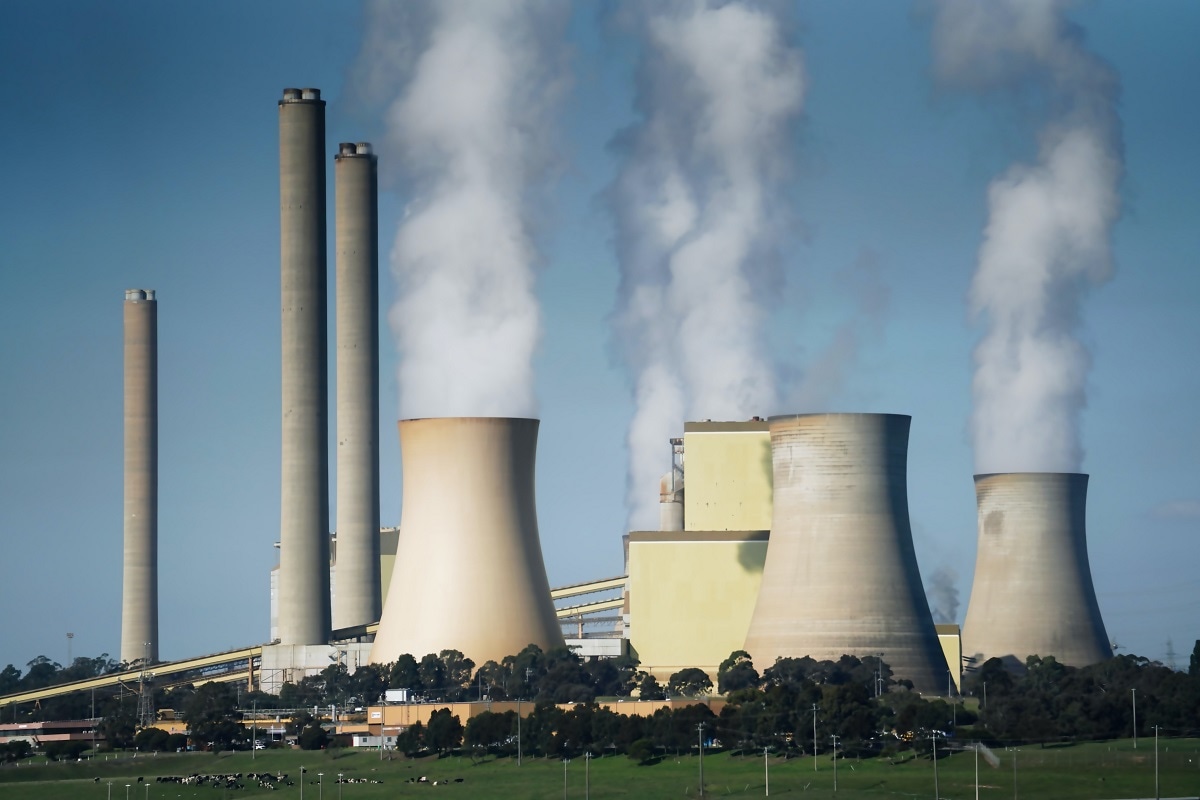The most important component of this year’s round of UN climate negotiations is the Paris Agreement’s Global Stocktake. The Paris Agreement, an international treaty with 195 signatories adopted in 2015, covers decarbonisation, resilience to climate impacts, and climate finance. The Global Stocktake measures progress on these three fronts, and a report released last week finds the world is not on track to meet the goals of the Paris Agreement and needs to radically scale up climate action.
The Paris Agreement’s long-term goal is to limit global warming to below 2oC and ideally 1.5oC above pre-industrial levels. Warming is already at approximately 1.1oC and global emissions continue to rise. The Intergovernmental Panel on Climate Change (IPCC) projects 1.5oC will likely be reached in the first half of the 2030s.
The Global Stocktake shows progress over the past two decades, and the outlook is better than it used to be. In 2010, the expected global temperature increase by 2100 was between 3.7 and 4.8oC, while current projections show that if net zero targets are fully implemented, global temperature increases could be as low as 1.7–2.1oC. Every tenth of a degree reduced will also see a reduction in physical climate impacts.
Still, efforts to decarbonise need to be radically scaled up to meet the goals of the Paris Agreement.
There is a huge gap between country commitments and what they are doing and are on track to achieve. The Stocktake postulates that global greenhouse gas emissions should be reduced by 43% by 2030 and 60% by 2035, reaching net zero carbon dioxide emissions by 2050. This would be an extreme change from recent and historical emissions trajectories. A 43% reduction in global emissions over less than a decade would be unprecedented and likely impossible – keeping in mind the majority of global emissions now come from developing and industrialising countries, where emissions continue to rise rapidly.

Decarbonisation of all sectors of the economy is needed. In the energy sector, this means rapidly scaling up deployment of renewable energy and battery storage. Amazing progress has been made with clean energy technologies over the past decade, with reductions in unit costs for solar energy (85%), wind energy (55%) and lithium-ion batteries (85%).
A critical component of mitigation efforts is the immediate phase out of fossil fuels, which is closer than it may seem. The Global Stocktake says no new fossil fuel projects should be developed, and fossil fuel subsidies need to be removed. Phase out needs to be undertaken in socially inclusive ways (a “just transition”).
Among many other things, the world needs affordable zero-emissions fuels, including based on clean hydrogen. Much more attention needs to be focused on deploying energy efficiency solutions and process changes where electrification is difficult. Protecting and regenerating forests and improving agricultural practices and enhancing carbon sinks are critical, too.
The Global Stocktake also points out that “countries, communities and people around the world” need to start rapidly adapting to the unavoidable impacts of climate change. Adaptation efforts to date have focused on planning, while there is a critical need to implement solutions that enhance adaptive capacity, strengthen resilience and reduce vulnerability. Locally led adaptation will be critical to enhancing global efforts, as will scaling up climate information to meet local needs and priorities. International cooperation is needed to support disaster recovery. Significant efforts need to be directed towards averting, minimising and addressing loss and damage.
Finally, the Global Stocktake highlights that it is necessary to “unlock and redeploy trillions of dollars” for climate change investments. That includes accelerating climate finance from developed to developing countries. Urgent action is required to scale up climate finance from governments and the private sector. Public finance alone is not sufficient to address the gap between needs and current flows, particularly in developing countries. Traditionally, funding for emissions reductions has far exceeded that for adaptation; much more money needs to flow to adaptation.
While the Global Stocktake does not focus on skills development for the net zero emissions transition, this is beginning to be recognised as a national priority in Australia. Exceptional levels of effort need to flow into workforce development all around the world.
The Global Stocktake is a clarion call for greater global ambition and competition to accelerate the transition to net zero emissions. UN Secretary-General António Guterres summed it up: “Our world needs climate action on all fronts: everything, everywhere, all at once.”
Not everything will be done everywhere all at once. But what is promised must be delivered, and commitments need to be ratcheted up in the way the Paris Agreement was designed. Despite some promising signs and overall improving preconditions for action, the world community is falling far short of the goals it set at Paris, and of what needs to happen in the interest of human wellbeing.
Perhaps the next Stocktake, due in 2028, will have a better story to tell.

